The lost art of listening to music Part I
Part I
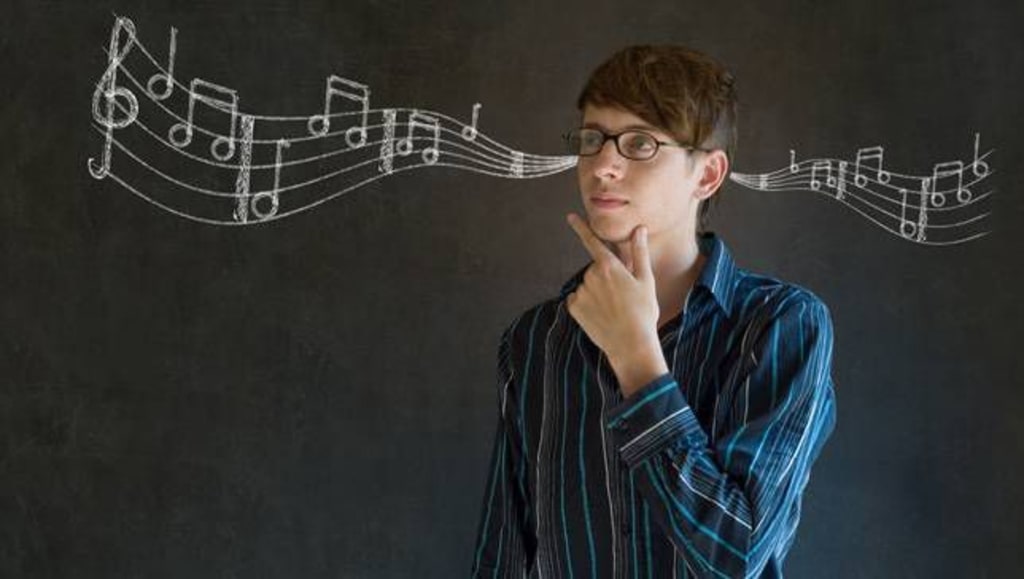
Without any doubt, music is art, and proper listening it’s got to be considered art too. Our fast paced life has plummet our enjoyment of the pleasure of listening to music, now we don’t seem to give music its true value. Stay with me, not everything is lost, nowadays we got a vast array of music available at our fingertips. Like never before music is available 24/7 on a myriad of platforms, but is it truly a good thing to have all that music available? But first I want you to stay with me and take a deep dive into our past to learn a bit more about how music was listened in a distant past.

Centuries ago, music was a luxury, a delightful experience only for the ones who could afford such treat. Music was a gift, a delight, and as such it was cherished. In the Middle ages, the Goliards, a group of poets and scholars that travelled from town to town bringing music to the masses. Another captivating way to listen to music was through the Troubadours, a fine group of musicians who played for the powerful and the wealthy all along Europe. If you didn’t belong to that circle of influential people, there was another option, Church music. From the simple and fulfilling Gregorian chants to the magnificent splendor of Johan Sebastian Bach.
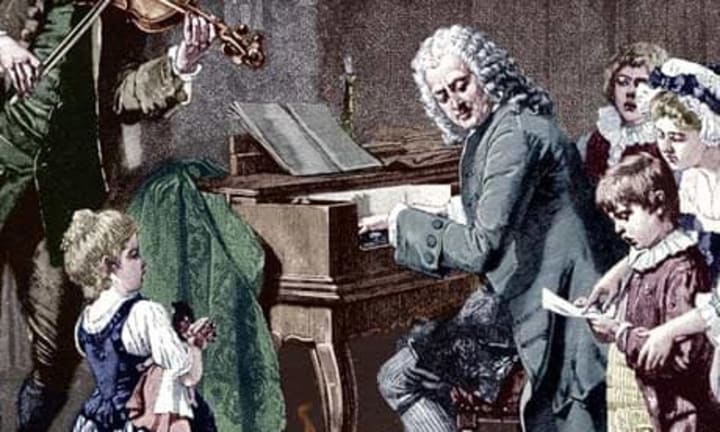
On the other hand, we got the Kings and Queens with their private orchestras to listen to music as they pleased. When the era of big concerts came along, people went nuts to hear the show, it was their only opportunity to listen to quality played music, the same music Kings and Queens used to hear behind closed doors.
If you had the chance to hear a Beethoven’s symphony, the probabilities of hearing it again were zero to none. Those were moment that you had to cherish and put all your senses towards listening with utter care. If you missed an exquisite melody, probably that sequence of notes will not strike your eardrums ever again. It’s funny that we take music for granted nowadays, we got all this technology at the tip of our fingertips, quality not even dreamed by performers and listened alike and even so, music can come and go like something not as important as it should be.

While listening to a podcast related to music, I heard this incredible story of the myth of Italian violinist Nicolo Paganini. During those times to witness the master perform was considered a true religious experience. He had a cult of followers, myths and legends about his skills pounder the minds of his audience. Nowadays the mystery is gone, I can search for any in vogue artist on social media and I can even know what they had for breakfast this morning. The thrill is gone, there’s no mystery anymore.
To continue with my ramble about music and the way we listen to music I got an interesting story to tell. My Uncle used to play in the town orchestra back in Italy in the late 1940s. He said (according to my cousin who listened to those orchestra stories from my uncle himself) that when an adjacent town orchestra came to play, they all listen to the performance paying excruciating attention to the nuances on the musical piece. He said that the only sound you could hear was the chirping of the birds above when it was performed in the town square. The same happened when his Orchestra played in a neighbor town, it was their only moment to listen to live music as audience and not as performers.
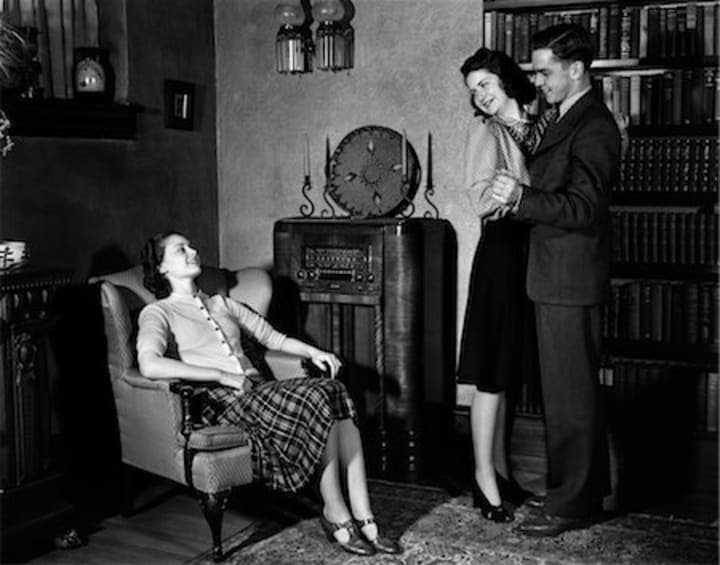
Then came the records and the radio, consumers had a different way of enjoying music in the comfort of our homes but the quality was far behind of what you could find on a live concert. This new recording technology tried to emulate the concert hall experience, falling miserably short on that regard; the quality of the recording plus the size of the available speakers created a different experience. Sure, now you could listen to music more often, but it was far from the concert hall experience. Then came the Beatles, Pink Floyd and all those Avant-garde musicians that pushed boundaries. For them the studio was another performer in their respective band, it was a giant leap forward for recording music and the whole listening experience.

The availability of music nowadays makes the experience a bit less important. Long gone are the days of spending hours on my favorite records shop looking for my next album to take home. The thrill of finding something totally unexpected on the shelves made my heart race inside my chest. I know that all this made sound silly and dumb in a way. But to me music is more than just listening to something pleasant, it's the sum of all parts. I enjoyed looking for a record, buying the physical product, and totally submerge myself into the experience.
As an example, last week I got the opportunity to listen to the new Jethro Tull’s album, it was available in all the different streaming services. That means that I could hear it immediately, as many times as I wanted, for as long as I wanted. I don’t have to even wait for it to arrive at the store, I don’t have to even go to the store, music it’s there for my listening pleasure right?
Then came Hi-Fidelity and a new chapter in music listening opens up. Let’s dig deep on this subject on Part II of “The Lost art of listening to music.”
About the Creator
Giovanni Profeta
Swimming through life one stroke at a time.
Enjoyed the story? Support the Creator.
Subscribe for free to receive all their stories in your feed. You could also pledge your support or give them a one-off tip, letting them know you appreciate their work.


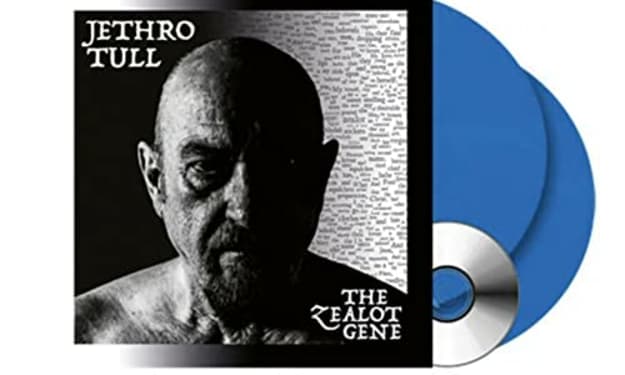

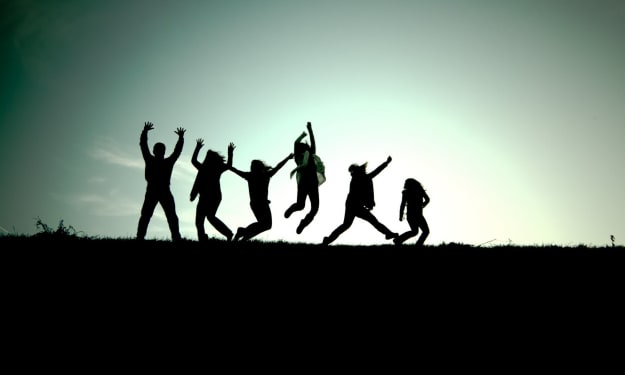

Comments
There are no comments for this story
Be the first to respond and start the conversation.